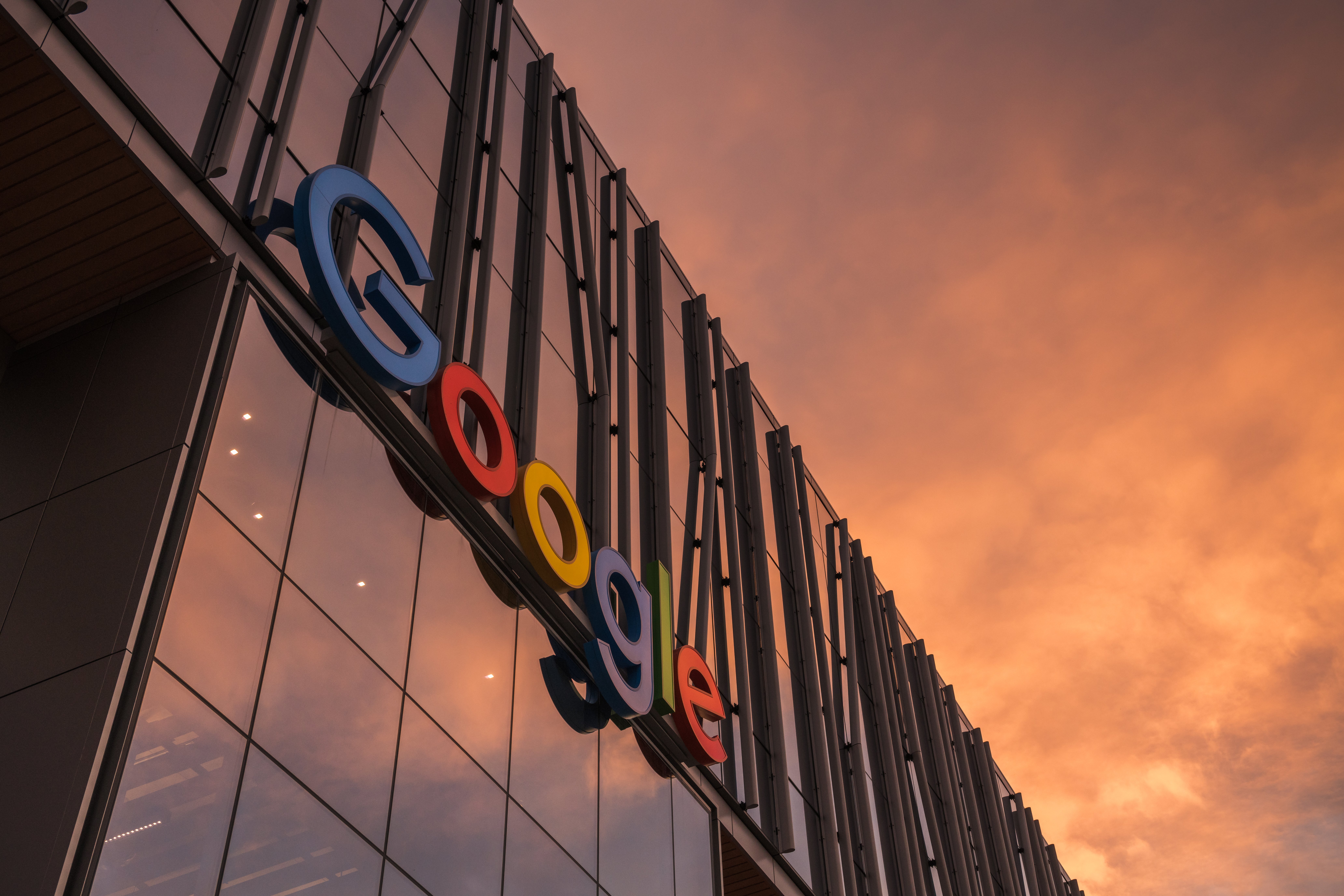Google found guilty of monopolistic practices, setting the stage for potential global business changes

A US court ruled this week that Google LLC engaged in anti-competitive practices to maintain its dominance in the internet search market, as reported by Financial Post.
The court found that Google secured deals making its search engine the default on millions of devices through agreements with manufacturers like Apple Inc. and Samsung Electronics Co. Ltd.
US District Judge Amit Mehta, who delivered the 277-page ruling, stated that Google acted as a monopolist by securing valuable default positions on devices, leading to billions of daily queries.
The judge pointed out that Google's significant payments to secure these deals, such as the US$20bn paid to Apple in 2022, had an anti-competitive effect, reducing incentives for innovation in the search engine space.
However, he acknowledged that Google's market dominance was not accidental but the result of continuous innovation and strategic business decisions.
Google’s president of global affairs, Kent Walker, responded by emphasizing that the ruling recognizes Google’s search engine quality but criticizes the company for making it easily accessible. Google plans to appeal the decision.
The ruling is considered a landmark case, potentially impacting large tech companies beyond Google. Emrys Davis, a partner at Bennett Jones LLP, highlighted the significance of the decision, comparing it to the US government's victory over Microsoft Corp. in 1999.
The US government also has ongoing cases against other tech giants like Apple, Meta Platforms, Inc., and Amazon.com Inc., each accused of monopolistic practices.
Although the court has yet to decide on the specific remedies Google must implement, the decision could end Google’s practice of paying to be the default search engine. However, the overall impact on the market may take years to fully unfold.
In Canada, the ruling may influence Google's business practices. The Competition Bureau in Canada has been investigating Google since 2020, assessing whether it leverages its market power in video advertising and other areas.
The Bureau expanded its investigation earlier this year to include Google's practices in display advertising technology services. The outcome of the US ruling may prompt similar changes in Canada, depending on the Bureau’s findings.
The Google case remains ongoing, with further developments expected as the courts determine the necessary steps to address the anti-competitive practices identified in the ruling.



